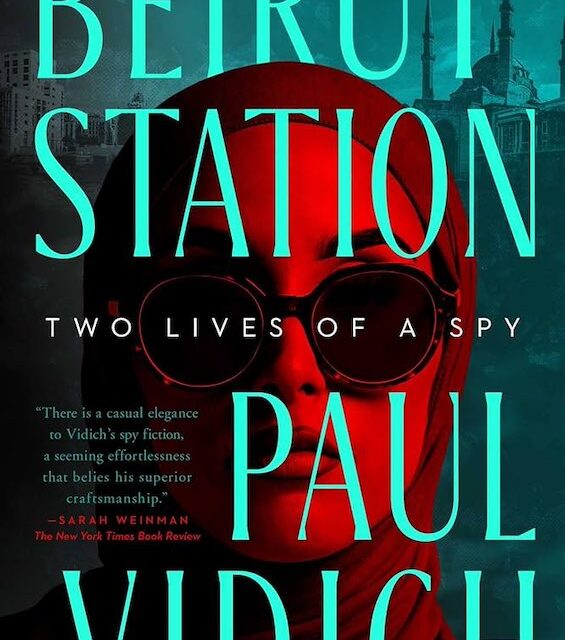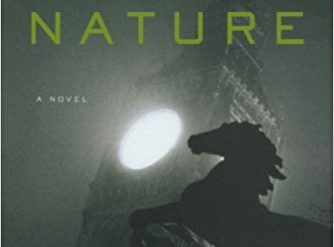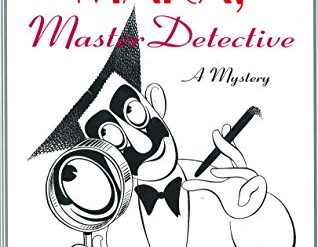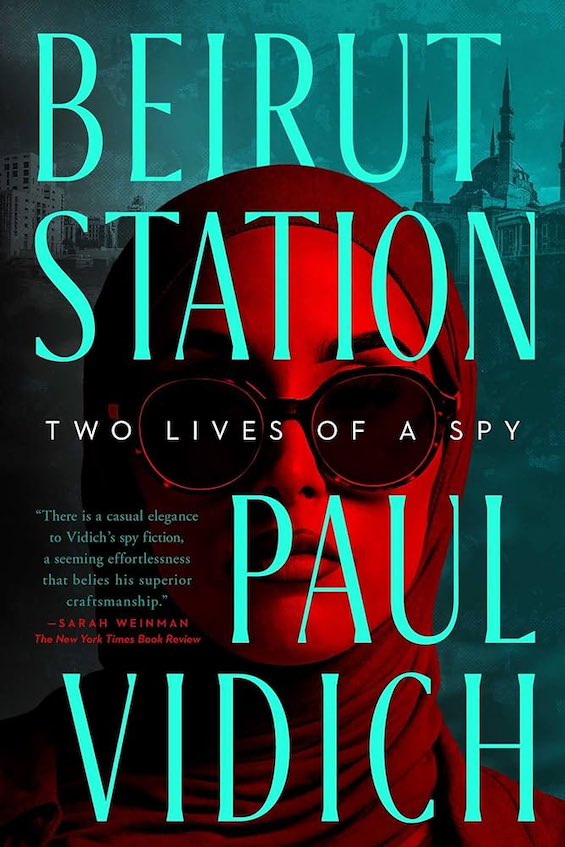
We all have secrets. . . Secrets are a part of our lives and the lives of literature’s great characters. But spies operate in a more complex world of secrets—things they hide from family, from friends, and from themselves. I found the double lives of spies as a compelling premise to explore.” And that, as the author, Paul Vidich, told an interviewer online, is the subtext of his extraordinary latest novel, Beirut Station, about living a double life. And if the author’s comment isn’t enough to make that clear, the book’s subtitle drives the point home: Two Lives of a Spy.
Estimated reading time: 6 minutes
A plan to assassinate a top terrorist leader
The spy at the heart of Vidich’s novel is a young Lebanese-American woman who goes by the name Analise Hahn Assad. “Analise’s Georgetown graduate degree and her father’s agency connections had opened the door for her career in the agency,” Vidich writes, “and she had made her way in the Directorate of Operations by pushing herself harder than her male colleagues and by putting up with unwanted advances.” Now she is a CIA officer working under Non-Official Cover in Beirut in a job with the United Nations High Commissioner for Refugees (UNHCR).
Subscribe now. No ads, and it’s entirely free. >>>
But Analise’s true mission in Lebanon is as part of a joint CIA-Mossad team to assassinate a man named Qassem. He is one of the top leaders of Hezbollah and is responsible for ordering the killing of numerous Israeli citizens. In this, her real assignment, she works closely with three men: the CIA Chief of Station, Rick Aldrich, and two senior Mossad agents she knows as Gal and Bauman. But it’s Analise, the most junior member of the team, who comes up with a workable plan to kill the terrorist leader.
This post was updated on October 24, 2023.
Beirut Station: Two Lives of a Spy by Paul Vidich (2023) 352 pages ★★★★★
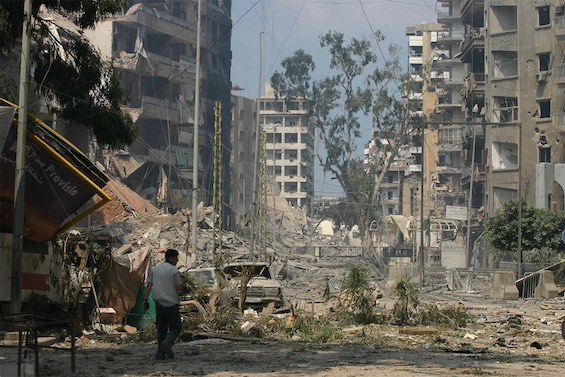
A many-layered tissue of lies
Meanwhile, Analise is sleeping with Corbin, a New York Times reporter covering the Israeli invasion. Both are unhappily married. She has concealed her work for the CIA from Corbin as well as from her husband. And Corbin pesters her with questions about Bauman, whom he has seen talking to her. The reporter believes Bauman is a Mossad agent. And the multiple layers of secrets Analise must keep become even more confounding when the Beirut police take an interest in her work. They also believe she knows the facts about Bauman, whom they suspect of assassinating Lebanese government officials who support Hezbollah. The complex of secrets suffusing Analise’s life presents a daily challenge. Keeping them all straight is a chore. And this tissue of lives threatens to unravel as Analise’s complex assassination plan goes into operation.
The historical background
In July 2006, Israel invaded Lebanon, its even smaller neighbor to the north. The Israeli Defense Forces wreaked havoc on Lebanon in a war lasting thirty-four days. They sent tanks across its northern border, enforced a naval blockade, and bombed the Shia-dominated refugee camps in the suburbs of Beirut. The conflict formally ended with a ceasefire brokered by US Secretary of State Condoleeza Rice. But Israel’s strategic objective was left only partially met.
The IDF had launched the attack in conjunction with the Mossad to eliminate the leadership of Hezbollah, as Vidich’s novel accurately shows. Ironically, Hezbollah itself was a product of Israel’s 1982 invasion of Lebanon, when Shia leaders formed the group to retaliate against the Jewish state. According to Britannica, “the 2006 Lebanon War resulted in an estimated 120 dead among Israeli forces and more than 1,000 dead among Hezbollah fighters.” The encyclopedia does not cite the number of Lebanese and foreign civilian dead. Citing various sources, Wikipedia estimates the total at around 250 in addition to about 3,000 wounded.
Vidich’s model for Qassem
According to Vidich in the interview online I cited above, his model for the Hezbollah leader Qassem was Imad Mughniyeh (1963-2008). Mughniyeh was the founding member of Lebanon’s Islamic Jihad Organization and number two in Hezbollah’s leadership. He is believed to have been Hezbollah’s chief of staff and was understood to have overseen Hezbollah’s military, intelligence, and security apparatuses, according to the Washington Institute. He was not among the Hezbollah leaders killed during the 2006 Lebanon War.
About the author

Paul Vidich‘s five previous historical spy novels have won widespread acclaim, appearing on lists of best books in the genre and earning strong reviews from major publications. He writes in his author website that “Prior to turning to writing, Vidich had a distinguished career in music and media at Time Warner, AOL, and Warner Music Group, where he was Executive Vice President in charge of global digital strategy. He was a member of the National Academies Committee on The Impact of Copyright Policy on Innovation in the Digital Era and testified in Washington before rate hearings.
“Vidich presently serves as an independent board director, angel investor, and advisor to Internet media companies in video and music. He is a graduate of Wesleyan University where he was a Trustee and received a Distinguished Alumni Award, and The Wharton School, University of Pennsylvania. He serves on the boards of directors of Poets and Writers, The New School for Social Research, and the Elizabeth Kostova Foundation.” Vidich lives in New York City.
For an excellent profile of the author online, see “How Paul Vidich builds his world of spies” by Peter Handel (CrimeReads, October 5, 2023). It’s the online interview I cited above.
For related reading
You’ll find all of Paul Vidich’s historical spy novels at A newcomer who writes superb spy novels.
For two nonfiction books about spies in circumstances similar to Analise’s, see:
- Life Undercover: Coming of Age in the CIA by Amaryllis Fox (Life undercover in the CIA chasing suitcase nukes)
- Six Car Lengths Behind an Elephant: Undercover & Overwhelmed as a CIA Wife and Mother by Lillian McCloy (Under deep cover in the CIA during the Cold War)
Be sure to check out The best spy novelists writing today and The 15 best espionage novels.
The current war between Hamas and Israel launched four days after this novel’s publication. For Paul Vidich’s comments on the similarities between the 2006 war between Hezbollah and Israel, and the new conflict, see his article “How Should Fiction Talk About War” (Crimereads, October 23, 2023).
You’ll find books similar to this one at:
- Good nonfiction books about espionage.
- 20 excellent standalone mysteries and thrillers
- Top 10 historical mysteries and thrillers
- 18 eye-opening books about terrorism
And you can always find my most popular reviews, and the most recent ones, on the Home Page.

